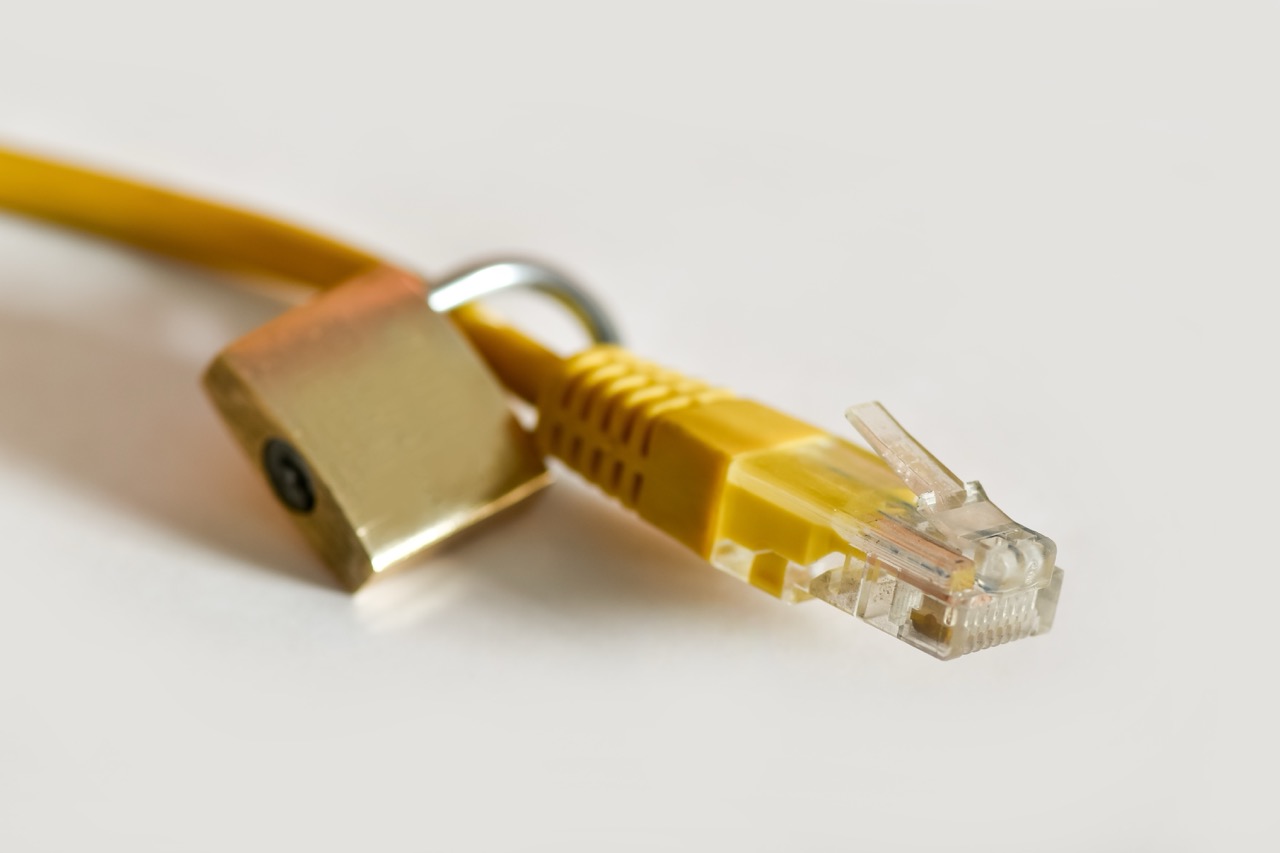In the ever-evolving landscape of online privacy and security, Virtual Private Networks (VPNs) have become essential tools for safeguarding sensitive data and maintaining anonymity. Among the myriad options available, Surfshark and NordVPN stand out as leading competitors, each offering a robust suite of features tailored to different user needs. This article delves into a detailed comparative analysis of these two VPN giants across various facets, including features, performance metrics, security protocols, and pricing structures. By evaluating these components, we aim to help you determine which VPN service best suits your needs.
Comparative Analysis of Features: Surfshark vs. NordVPN
Surfshark is notable for its unlimited device policy, allowing users to connect as many devices as they wish under a single subscription. This flexibility is particularly attractive to households with multiple devices or individuals who frequently switch between devices. Additionally, Surfshark features a CleanWeb function that blocks ads, trackers, and malware, enhancing the browsing experience and providing an extra layer of protection against online threats. Other notable features include split tunneling and a feature called MultiHop, which routes the connection through multiple countries for added anonymity.
NordVPN, on the other hand, boasts a larger server network, with over 5,500 servers across 60 countries, which can contribute to better performance and reliability. One of its standout features is the NordLynx protocol, built around WireGuard technology, which promises to deliver fast and secure connections. Furthermore, NordVPN offers specialty servers, such as Onion over VPN for accessing the Tor network and Double VPN for additional encryption. The inclusion of CyberSec technology also enhances user security by blocking malicious websites and ads.
While both VPNs offer a rich array of features, the choice often hinges on specific user requirements. For example, Surfshark’s unlimited device policy may be preferable for tech-savvy users with multiple devices, while NordVPN’s extensive server network and specialty servers might appeal to users looking for specific functionalities. Ultimately, users should consider their individual needs and how each VPN’s features align with those requirements.
Performance Metrics: Speed and Stability in Real-World Use
When it comes to performance, both Surfshark and NordVPN deliver commendable results, but their performance can vary based on user location and server choice. In testing, Surfshark often shows impressive speed results, especially when connected to nearby servers. Users have reported minimal lag during streaming and gaming sessions, making it a viable choice for those who prioritize speed. However, the experience can be influenced by the server load, which may occasionally lead to slower speeds during peak times.
NordVPN’s performance is equally noteworthy, particularly due to its NordLynx protocol, which has been praised for maintaining high speeds while ensuring robust security. In various tests, users have experienced commendable download and upload speeds, with many servers consistently providing reliable connections. Furthermore, NordVPN’s vast network of servers helps distribute user load, which can enhance speed stability even during peak usage times, providing a more consistent experience.
In conclusion, while both VPNs are capable of delivering strong performance metrics, users may find individual experiences vary based on their specific use cases and geographic locations. For those who prioritize speed and flexibility, Surfshark may be the go-to option, while users seeking stability and high performance in a broader range of global locations might lean towards NordVPN.
Security Protocols: Encryption Standards and Privacy Policies
Surfshark employs robust security protocols, including AES-256-GCM encryption, which is considered military-grade-level security. This encryption standard ensures that user data remains secure from potential eavesdroppers. Additionally, Surfshark supports a variety of tunneling protocols, including OpenVPN and IKEv2, allowing users to choose the most suitable option for their needs. Surfshark also adheres to a strict no-logs policy, which further enhances user privacy, ensuring that none of the user’s online activities are stored or tracked.
NordVPN also utilizes AES-256-GCM encryption, providing a similar level of security to its users. The platform features an array of protocols, including the aforementioned NordLynx, which combines WireGuard technology for enhanced performance without sacrificing security. Furthermore, NordVPN is based in Panama, a jurisdiction known for its favorable privacy laws, providing an additional layer of assurance against data retention laws. The service also implements features like a kill switch and DNS leak protection to further secure user connections.
Both VPN providers prioritize user security, but their approaches offer different advantages. Surfshark’s focus on unlimited connections and user-friendly security features caters to a broader audience, while NordVPN’s jurisdiction and specialized features may appeal to privacy-focused users. Overall, both VPNs have established themselves as trustworthy options for those looking to enhance their online security.
Pricing Structures: Value for Money and Subscription Options
When it comes to pricing, Surfshark offers competitive rates that make it an attractive choice for budget-conscious users. The service provides a variety of subscription options, including a monthly plan, a six-month plan, and a two-year plan, with significant discounts for the latter. Surfshark’s pricing model provides strong value, especially considering its unlimited device policy, meaning users can connect multiple devices without incurring additional costs. Promotions and discounts are frequently available, further enhancing the affordability of the service.
NordVPN, while typically priced slightly higher than Surfshark, offers a range of subscription options as well. Users can choose from monthly, yearly, and two-year plans, with significant cost savings for longer commitments. NordVPN’s pricing reflects its extensive features, server network, and specialized services, making it a solid investment for those who prioritize performance and security. Additionally, the service frequently runs promotional offers, allowing users to secure lower rates during specific promotional periods.
In summary, both Surfshark and NordVPN present valuable pricing structures that cater to different user needs. Surfshark shines in its affordability and unlimited device connections, making it ideal for those seeking cost-effective solutions. In contrast, NordVPN justifies its higher price point with a larger server network and additional features, appealing to users who prioritize performance and security over budget constraints.
Choosing between Surfshark and NordVPN ultimately hinges on individual preferences and needs. Surfshark excels in offering affordable plans with unlimited device connections, making it a suitable option for users with multiple devices. On the other hand, NordVPN stands out for its extensive server network, specialized features, and robust performance metrics, which may cater to users seeking a premium experience. By analyzing the features, performance, security protocols, and pricing structures, potential users can make an informed decision that best aligns with their online privacy and security goals.










